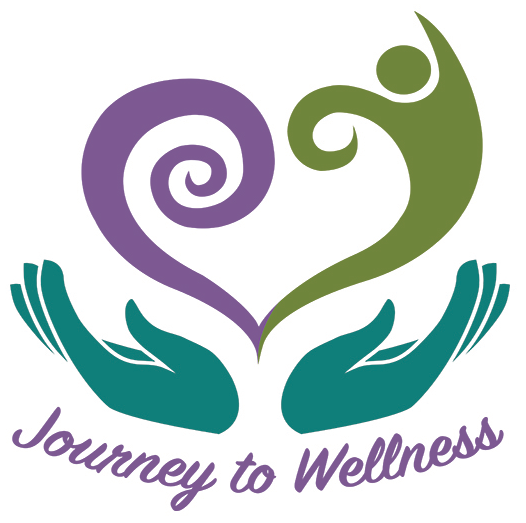Thai Massage
What is Thai Massage?
Thai massage can be referred to by many names, Traditional Thai Massage (Nuad Boran), Thai Bodywork, and Thai Yoga Massage to name a few. This therapy is thousands of years old and is rich in cultural history and practice, having been influenced by acupressure, Indian Ayurvedic principles, assisted yoga postures, and many other eastern therapies. The style of massage you receive is heavily dependent on the school the practitioner studied under and the experiences from further study and /or apprenticeship. With many of these practices, the concept of “metta” or loving kindness, based on the Buddhist teachings is an important part of the practice for the practitioner. The receiver need not be concerned that this is some sort of religious massage or experience, but rather that the practitioner is using all skills and abilities to be focused and in the moment of care with you.
To learn about rates for Thai massage services, see massage rates or massage packages.
What Can I Expect with Thai Massage?
The recipient wears loose, comfortable clothing and lies on a mat on the floor. Thai massage involves rhythmic pressing and /or stretching of the entire body. The therapist may use hands, knees, legs, or feet to manipulate the receiver’s body. This may include pulling fingers, toes, ears, cracking knuckles; standing, kneeling, or sitting on certain body areas; and moving the recipient's body into many different positions. The massage generally follows energy lines or “sen” within the body. Thai massage can also sometimes include the application of hot herbal compress to further enhance the effects of the session.
As with all other therapies at Journey to Wellness, Inc. Thai massage sessions are individualized to meet your specific needs and goals. Some patients may have stretching included as part of the session and some may not. All techniques utilized will be done within your tolerance, the challenge with Thai massage as with other forms of bodywork is that the practitioner find and bring you to your ”edge”, but not beyond it.
Thai massage, can help people relax, relive stress, temporarily relieve muscle and / or joint pain, improve range of motion, and temporarily boost a person's mood or increase energy level. Post-session, people often say that they felt like they have just visited the chiropractor, acupuncturist, and massage therapist all at once! This form of massage truly focuses on mind, body, and spirit. As a practitioner, this is one of my more favorite forms of massage to receive (and give).
Should I Receive Thai Massage?
As with all other forms of massage this is a decision that needs to be made between you and your practitioner. While there are many benefits of Thai Massage, there are also instance in which caution or modification to care may need to be made. It is important to discuss all of your health conditions with your practitioner. Conditions that your practitioner will need to be especially aware of for Thai massage include
high blood pressure
heart disease or coronary artery disease
diabetes, especially with loss of sensation
osteoporosis
recent injury and or surgical procedure
cancer
Thai Massage Research:
MacSween A, Lorrimer S, van Schaik P, Holmes M, van Wersch A. A randomised crossover trial comparing Thai and Swedish massage for fatigue and depleted energy. J Bodyw Mov Ther. 2018 Jul;22(3):817-828.
Chantip Juntakarn, Thavat Prasartritha, Prapoj Petrakard. The Effectiveness of Thai Massage and Joint Mobilization. Int J Ther Massage Bodywork 2017 Jun 30; 10(2):3-8
Wamontree P, Kanchanakhan N, Eungpinichpong W, Jeensawek A. Effects of traditional Thai self-massage using a Wilai massage stick(TM) versus ibuprofen in patients with upper back pain associated with myofascial trigger points: a randomized controlled trial. J Phys Ther Sci. 2015 Nov;27(11):3493-7
Chatchawan U, Eungpinichpong W, Plandee P, Yamauchi J. Effects of thai foot massage on balance performance in diabetic patients with peripheral neuropathy: a randomized parallel-controlled trial. Med Sci Monit Basic Res. 2015 Apr 20;21:68-75
Keeratitanont K, Jensen MP, Chatchawan U, Auvichayapat P. The efficacy of traditional Thai massage for the treatment of chronic pain: A systematic review. Complement Ther Clin Pract. 2015 Feb;21(1):26-32.
Chiranthanut N, Hanprasertpong N, Teekachunhatean S. Thai massage, and Thai herbal compress versus oral ibuprofen in symptomatic treatment of osteoarthritis of the knee: a randomized controlled trial. Biomed Res Int. 2014;2014:490512
Chatchawan U, Eungpinichpong W, Sooktho S, Tiamkao S, Yamauchi J.Effects of Thai traditional massage on pressure pain threshold and headache intensity in patients with chronic tension-type and migraine headaches. J Altern Complement Med. 2014 Jun;20(6):486-92


